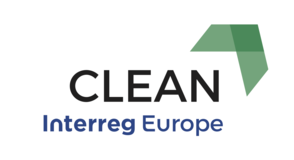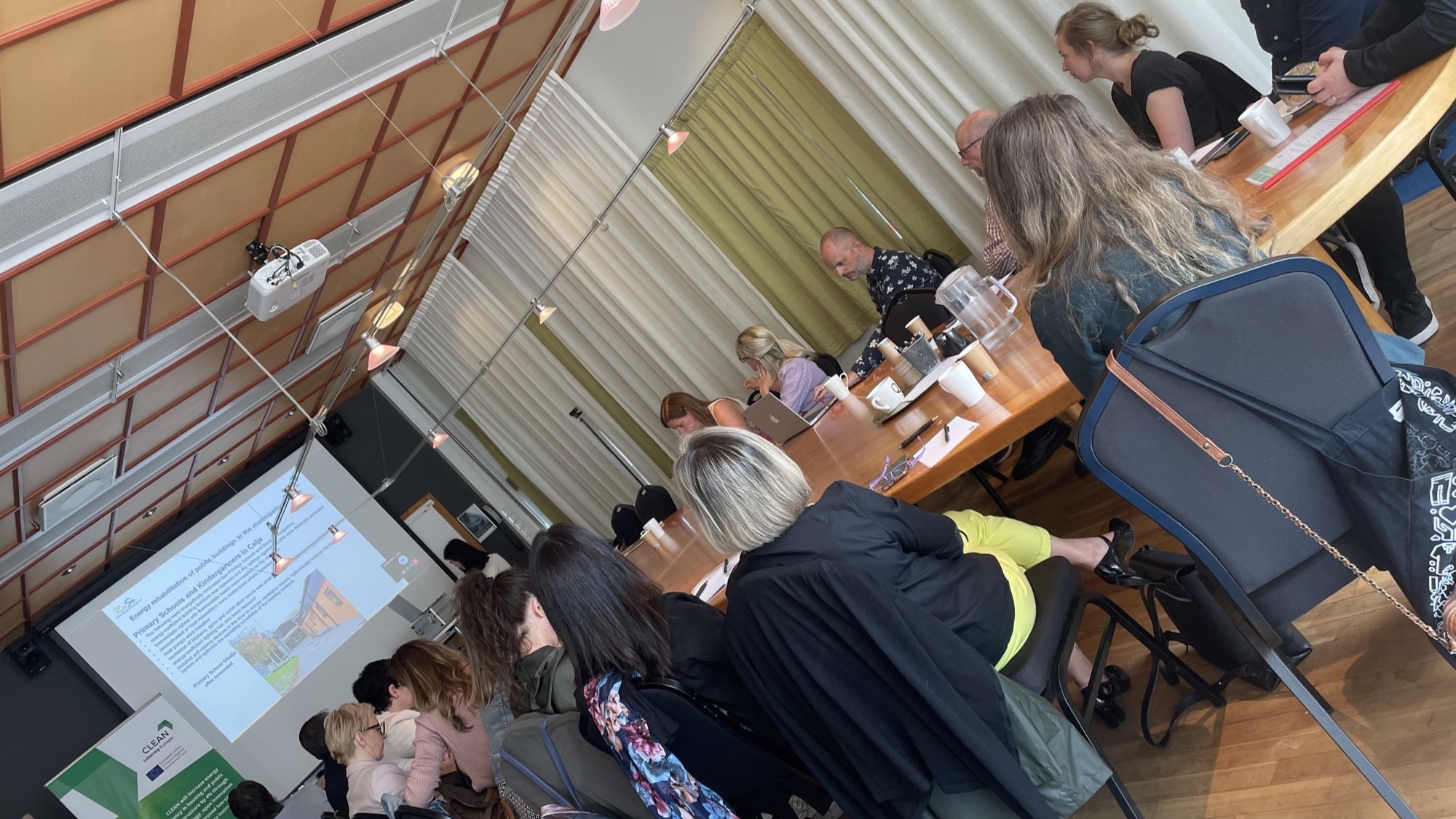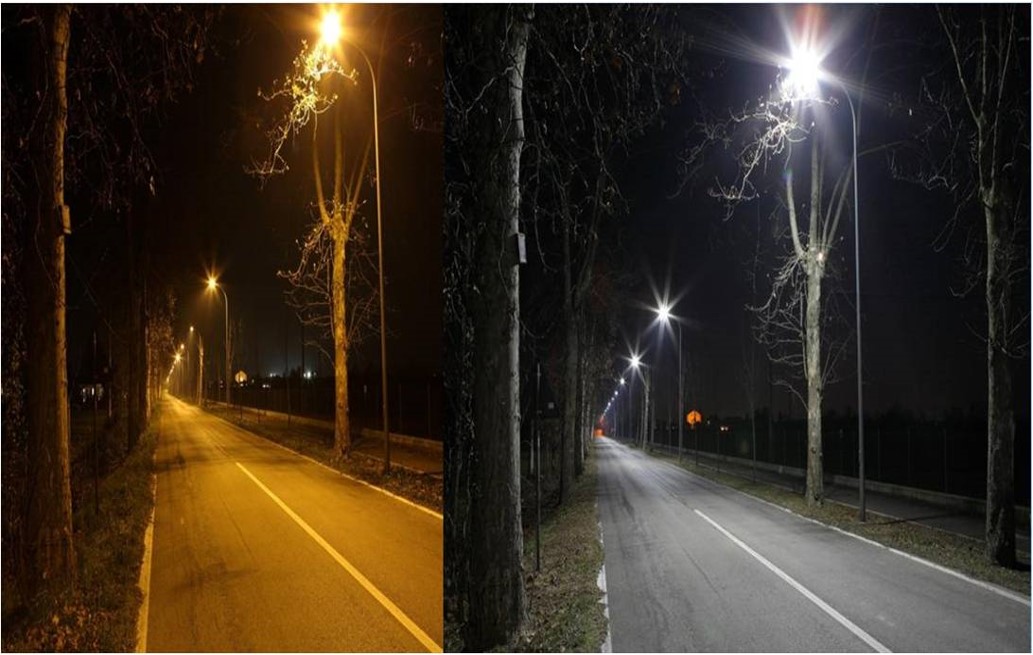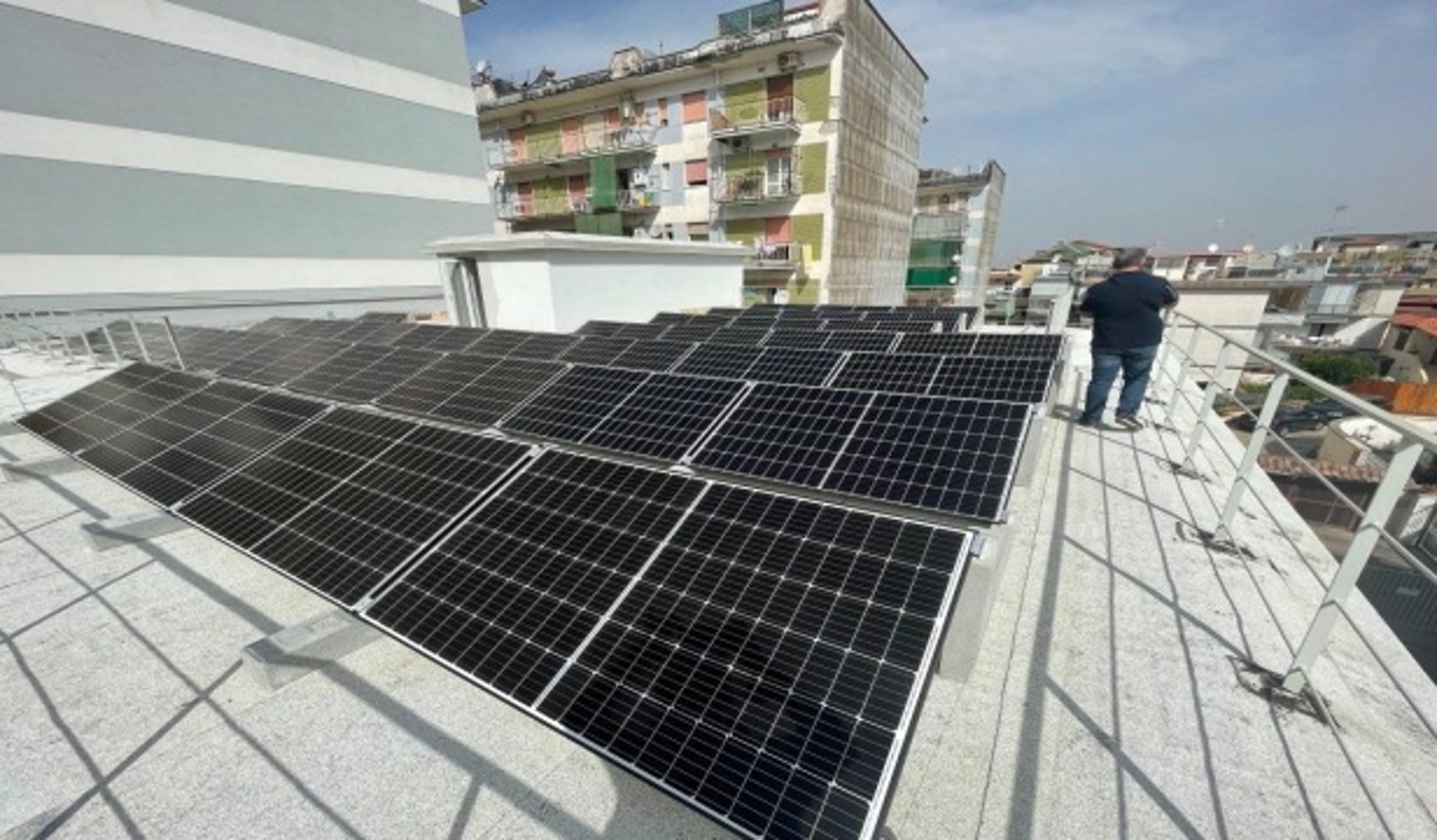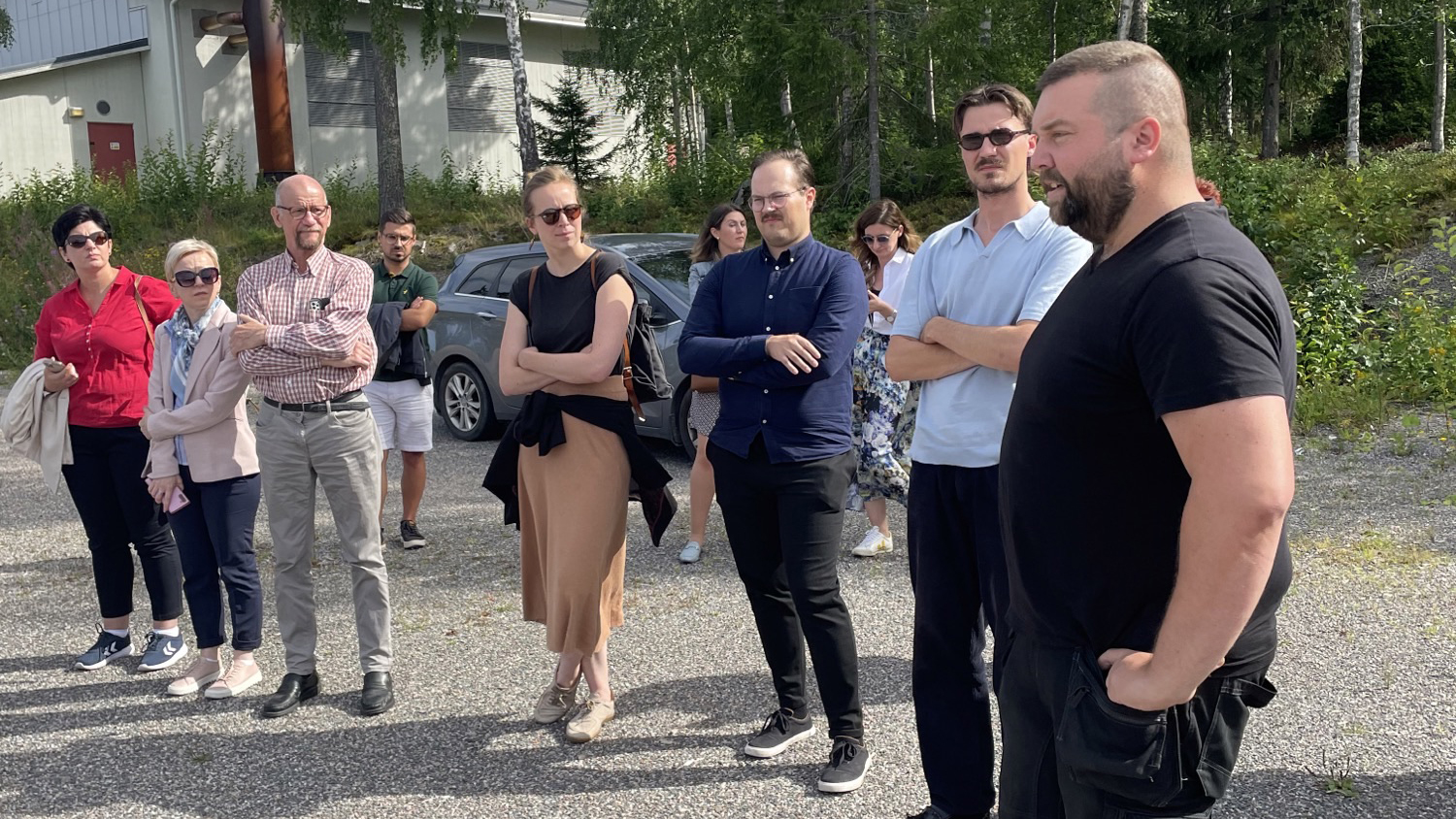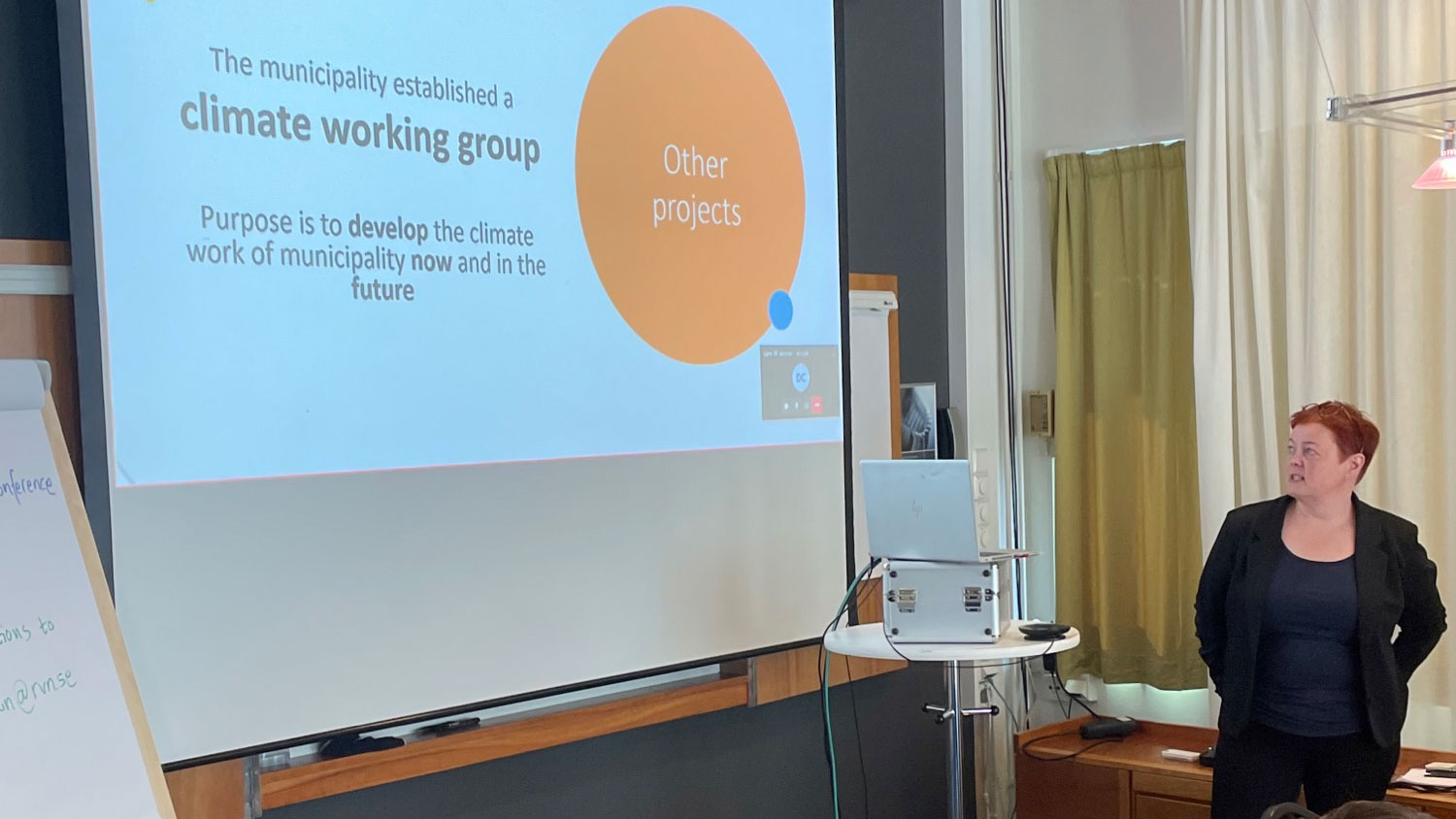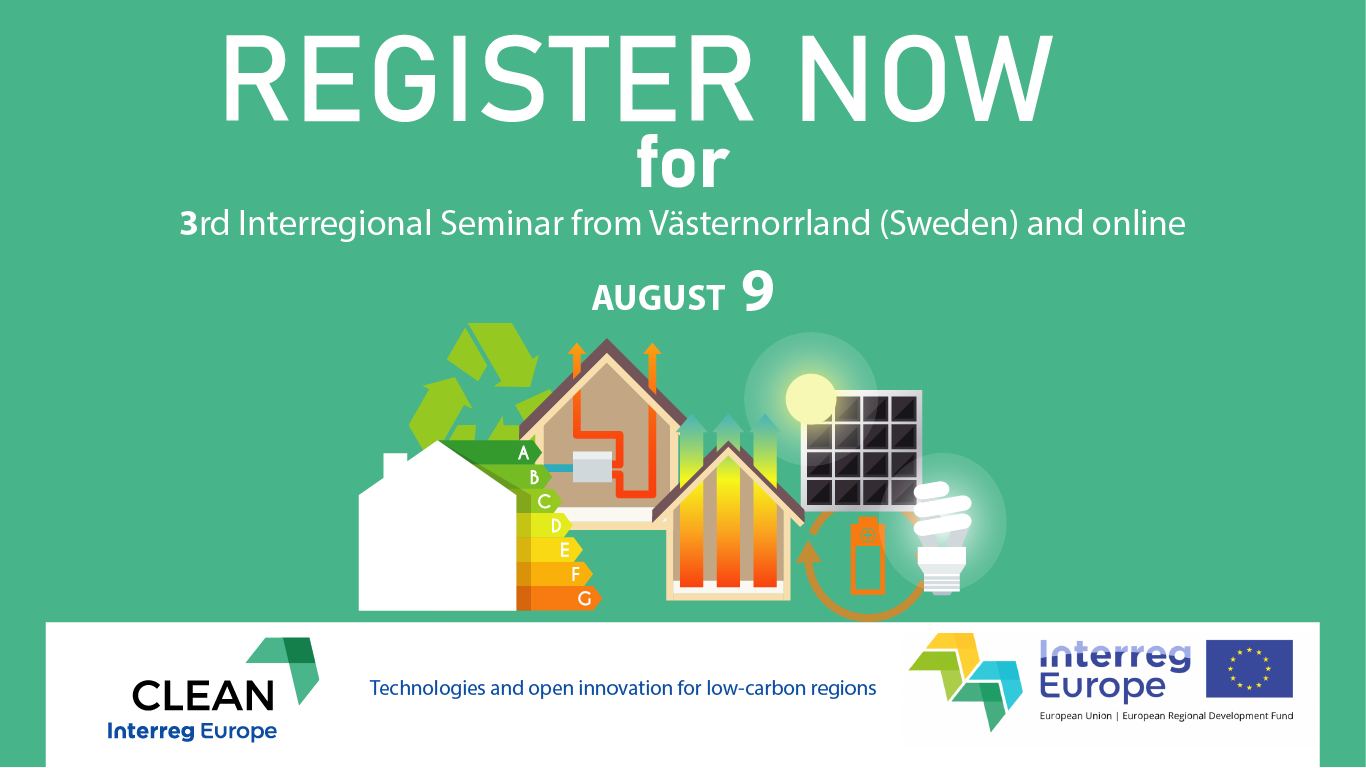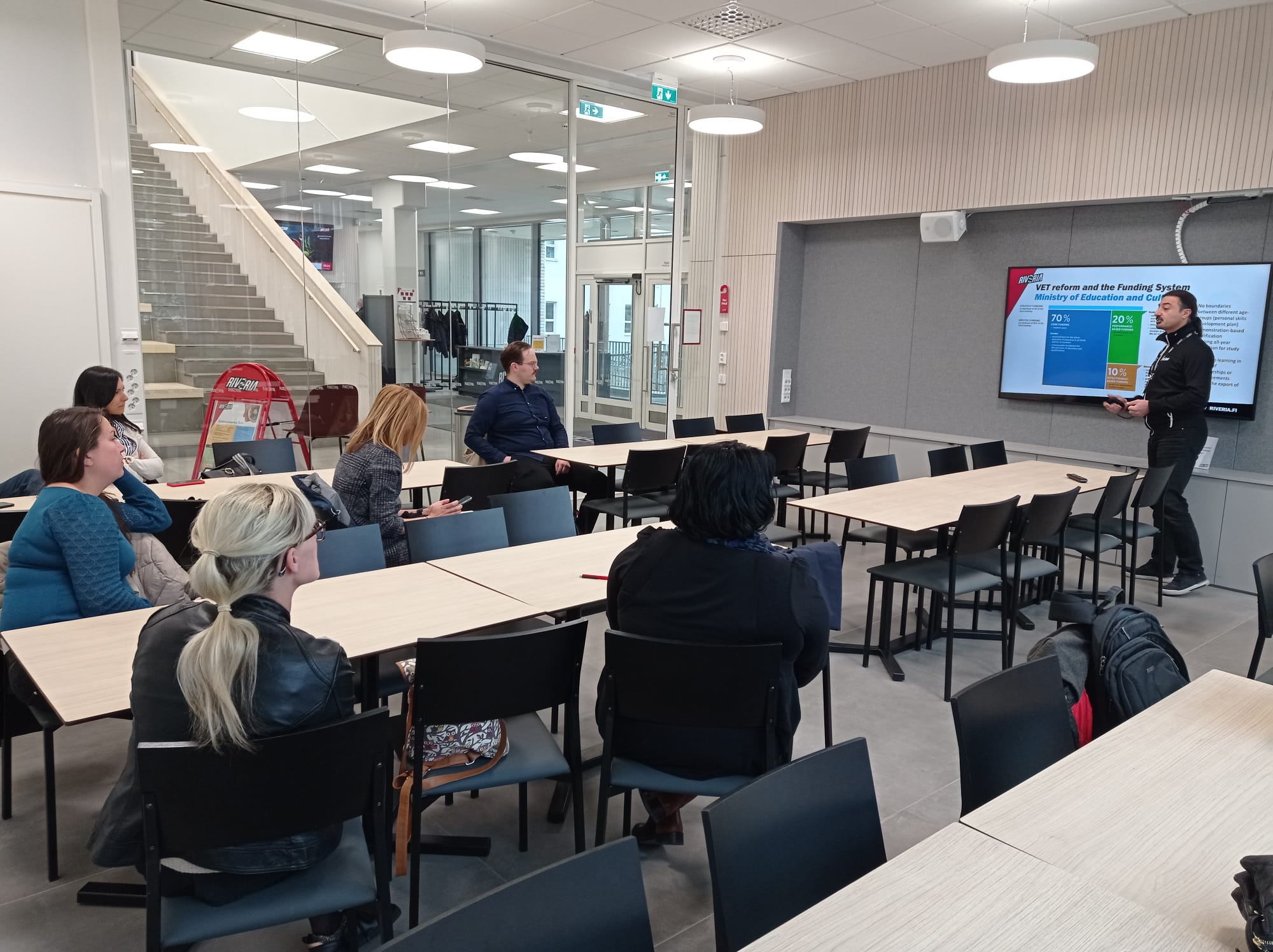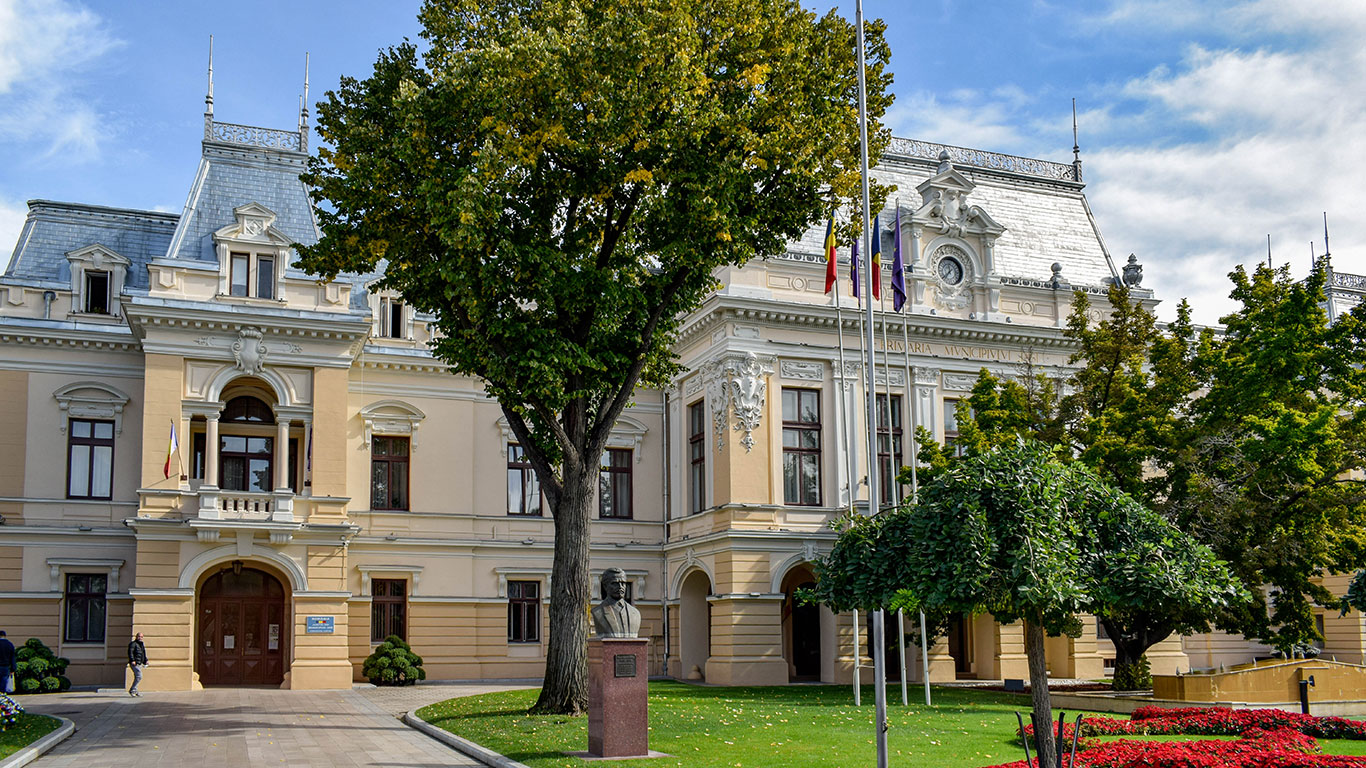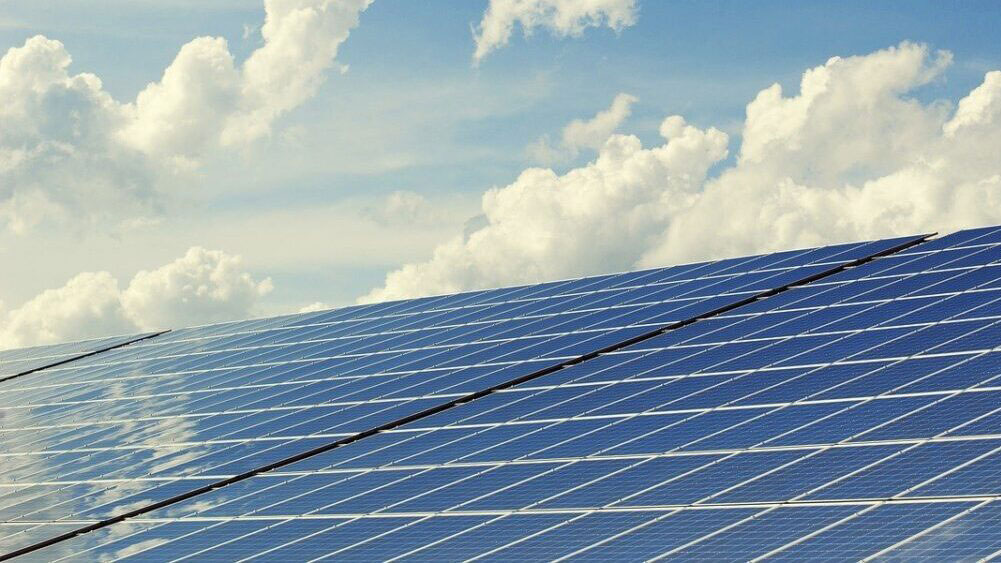Interreg Europe funded CLEAN project lead partner ERNACT organised the 1st Additional Activities partner meeting on the 25th of January to focus on the status of implementation of the additional activities in partners' region.
Afterwards, partners celebrated the 1st Interregional Seminar focused on facilitating the exchange of experience and knowledge transfer on measures addressing the energy efficiency in the context of Covid-19.
Daniela Copaci from ERNACT (Ireland) shared the main conclusion of the Regional Context Assessment. How, the Covid-19 crisis adds a new layer of uncertainty for energy efficiency efforts. She added that "in the context of the economic crisis, households and businesses may reduce spending on building upgrades, which will slow technical efficiency improvements."
In other regions like in North Karelia (Finland), they found difficult to analyse Covid-19 impact on energy usage of public buildings. But Aura Liski from Regional Council of North Karelia said that “remote work will become a lasting trend” and due to the shift to remote working energy use of residential buildings has increased in North Karelia.
Maria Apostolaki from Region of Crete (Greece) explained that the pandemic caused significant delays in planned energy investments in Crete. She said that “remote working has changed the operating profile of the buildings, reducing energy intensity in some but increasing it in others”. Regional public bodies and academic institutes are carrying out extensive research to estimated and assess both the temporary and the permanent effects of the pandemic in Crete. The full impact of the Covid-19 crisis may take years to properly understand.
Martina Di Constanza from ANEA (Italy) talked about the “Superbonus” an unprecedented tax break, that covers 110% of qualifying expenditures incurred between 1st July 2020 and 31st December 2021. This economic incentive consists of deductions from the overall tax and it is granted when the measures carried out increase the energy efficiency or reduce the seismic risk of existing buildings.
Iker Martinez from Fomento San Sebastian (Spain) showed the policy instruments and measures that are taking in the Basque Country and San Sebastian through the “Klima 2050” in the context of COVID-19 with specific objectives in energy efficiency in buildings.
Elena Farca from Municipality of Iasi (Romania) explained the works on the main Municipal building site continued during Covid, for example to “Recuperare” (Recovery) Hospital, in order to increase energy efficiency, to reduce annual primary energy consumption, reduce the specific level of greenhouse gases and increase the annual consumption of primary energy from renewable sources to at least 45% of total consumption by: improving the insulation, interventions on the installations and solutions for the use of renewable energy.
Stay tuned for further updates!
